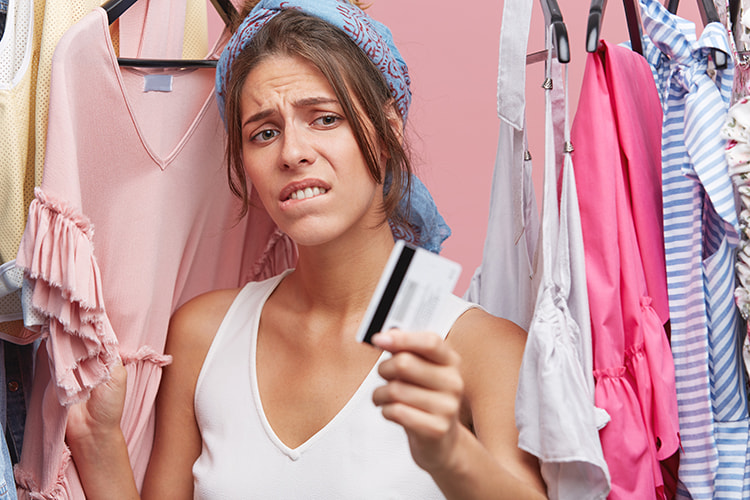
Researchers have found that many households in the United States live their lives from paycheck to paycheck. They have little or no savings and rely heavily on the influx of cash on paydays to make ends meet. The latest Paycheck-to-Paycheck report from PYMNTS.com shows that three in five Americans live that way, with inflation being the leading factor. For most of these families, a few changes and attention to detail could help them break the cycle of living paycheck to paycheck.
Problems With Living Paycheck to Paycheck
A wide range of financial and emotional consequences depend on every paycheck for essentials. These include:
- No money is saved to handle emergencies
- Interest costs from borrowing money to cover unexpected expenses adds to the financial burden and monthly budget
- Fees from late bills, bounced checks, or overdrawn accounts, which all contribute further to the lack of savings
- Stress of always checking account balances and making sure money is available for making purchases
Identify That You Live Paycheck to Paycheck
Four simple questions can help you determine whether you live paycheck to paycheck.
- Do you know specifically what days you get your paycheck?
- Do you put off essential expenditures, like buying groceries, until immediately after you receive your paycheck?
- Do you eliminate large purchases, like going on a vacation, because you never have enough money?
- Do you have little or no money in savings?
If your answers are yes to at least three of these questions, then you are probably living paycheck to paycheck, and you will reap many benefits from breaking that cycle.
Look For Expenses to Trim Away
The critical thing you need to do to avoid your dependence on your next paycheck is to trim away unnecessary expenses. Most people have at least a few things they spend money on that they do not strictly need. In many cases, you can cut back on these areas of extra spending for just a few months until you build up some savings, then start adding them back in as you can afford.
One ordinary expense to get rid of is eating out at restaurants and fast food places. You can also reduce the amount of money you spend on drinks, including alcohol, sodas, and specialty coffee. If shopping is your problem, withdraw a limited spending allowance in cash after each paycheck and use that for all your spending until your next paycheck.
Begin Paying Bills Right Away
One of the benefits of getting off the cycle of living paycheck to paycheck is that you can pay your bills immediately, rather than waiting for the paycheck shortly before they are due. That reduces stress in your life by reducing the chance of missing a payment and getting hit with late fees. Once you have a buffer in your checking account, try getting in the habit of paying your bills as soon as you receive them. Another option is to have a particular day of the month when you pay all your bills, so you do not have to think about them at any other time.
Develop Your Own Strategies for Breaking the Cycle
What works for other people might not suit you, so it is your responsibility to know your weaknesses. Take the time to write down everything you spend money on for a month to understand where your money is going and where you can make changes. Another way to break the cycle is to get a part-time job, just until you build up enough of a buffer in your checking account to feel free from counting down the days until your next paycheck.
It is essential to keep your eyes on the prize through all of this. Once you have some money in savings and have a buffer in your bank account, you won't stress as much regarding the state of your finances. Plus, you will be able to control your money better and work toward your bigger financial goals, like getting out of debt or saving up a down payment to buy a house.